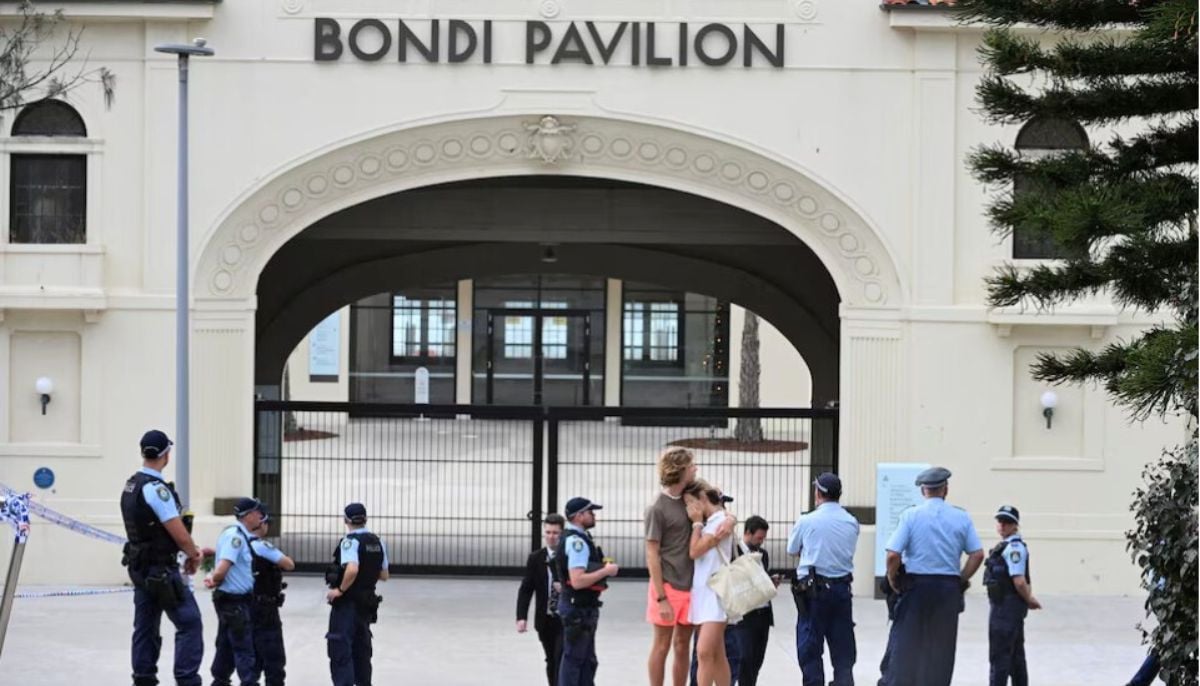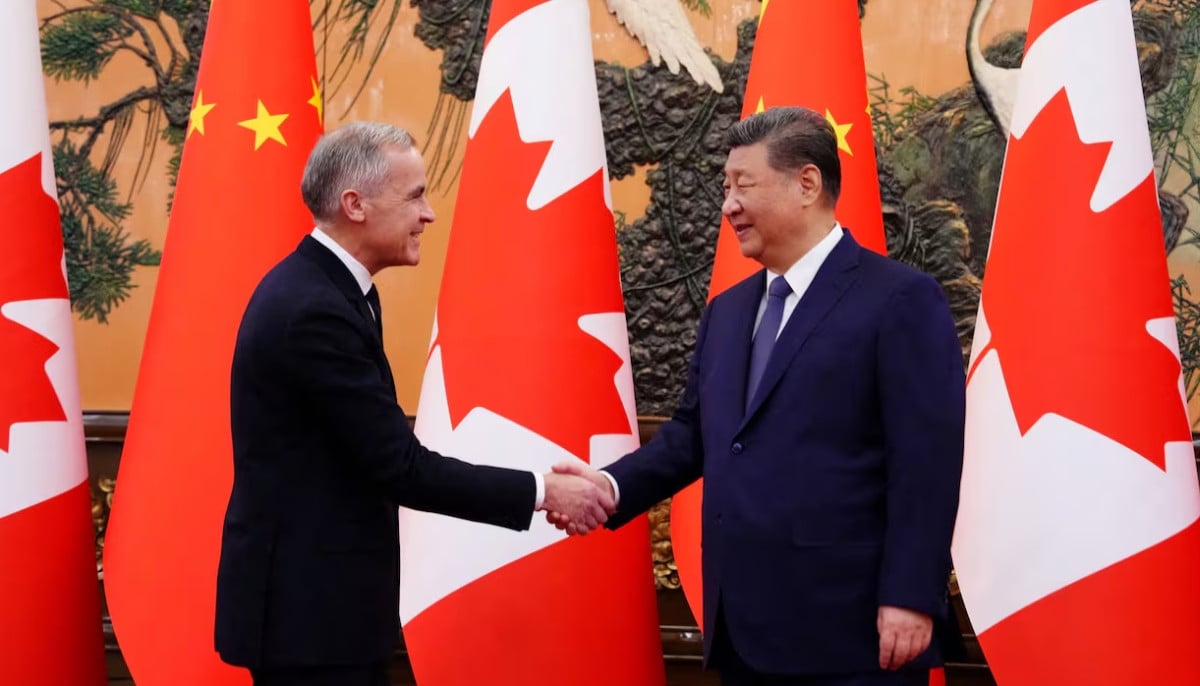I was a Muslim in Trump's White House. I lasted 8 days: Rumana Ahmad
WASHINGTON: Rumana Ahmed, a former internee at the White House who later served as a member of the United States National Security Council, penned an article exposing the unstable and chaotic atmosphere that President Donald Trump has caused as a result of his authoritarian measures against Muslims.
Rumana Ahmed's parents migrated from Bangladesh in 1978 to the United States for brighter prospects. The hijab-clad Muslim girl worked her way to an internship slot at the White House during President Obama's tenure and was later offered a job at the West Wing of the White House.
"In early 2014, Deputy National Security Advisor Ben Rhodes offered me a position on the National Security Council (NSC). For two and a half years I worked down the hall from the Situation Room, advising President Obama’s engagements with American Muslims, and working on issues ranging from advancing relations with Cuba and Laos to promoting global entrepreneurship among women and youth," she said.
She described President Obama's tenure as one of tolerance and peace, where she felt like a true American and one who could practice her ideals and religion freely. However, things seemed to take a turn for the worst when Trump won the elections and was about to assume office. Initially, Rumana decided to stay so that she could portray the Muslim community in a positive light. However, things did not go as planned and the new administration was not friendly, to say the least.

"The days I spent in the Trump White House were strange, appalling and disturbing. As one staffer serving since the Reagan administration said, “This place has been turned upside down. It’s chaos. I’ve never witnessed anything like it.” This was not typical Republican leadership, or even that of a businessman. It was a chaotic attempt at authoritarianism––legally questionable executive orders, accusations of the press being “fake,” peddling countless lies as “alternative facts,” and assertions by White House surrogates that the president’s national security authority would “not be questioned," she wrote.
According to Rumana, the entire decision-making process was centralized and left in the hands of a few in the West Wing of the White House. She stated that most members of staff at the White House felt angry and mistrust developed as they felt that they were left out of the loop on certain issues which came under their jurisdiction.
"There was no structure or clear guidance. Hallways were eerily quiet as key positions and offices responsible for national security or engagement with Americans were left unfilled," she said.
-
Daniel Radcliffe reveals surprising way fatherhood changed him
-
Alan Cumming shares plans with 2026 Bafta Film Awards
-
OpenClaw founder Peter Steinberger hired by OpenAI as AI agent race heats up
-
Chinese New Year explained: All you need to know about the Year of the Horse
-
Canadian passport holders can now travel to China visa-free: Here's how
-
Edmonton weather warning: Up to 30 cm of snow possible in parts of Alberta
-
ICE agents 'fake car trouble' to arrest Minnesota man, family says
-
China confirms visa-free travel for UK, Canada nationals











